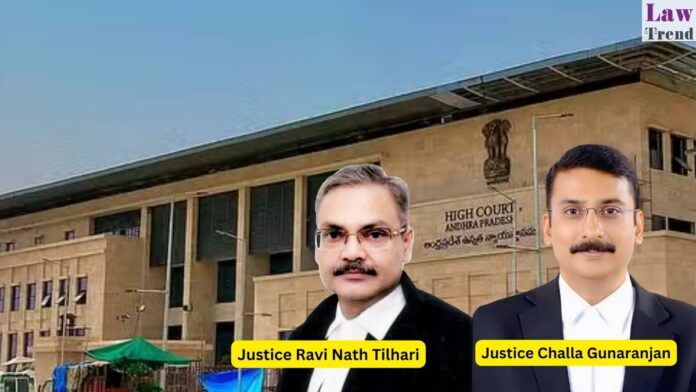In a significant ruling, the Andhra Pradesh High Court has reaffirmed the legal principle that repeated representations do not extend the limitation period or revive a stale claim. The judgment, delivered on January 21, 2025, by a division bench comprising Justice Ravi Nath Tilhari and Justice Challa Gunaranjan, dismissed a writ petition (No. 1349 of
To Read More Please Subscribe to VIP Membership for Unlimited Access to All the Articles, Download Available Copies of Judgments/Order, Acess to Central/State Bare Acts, Advertisement Free Content, Access to More than 4000 Legal Drafts( Readymade Editable Formats of Suits, Petitions, Writs, Legal Notices, Divorce Petitions, 138 Notices, Bail Applications etc.) in Hindi and English.




